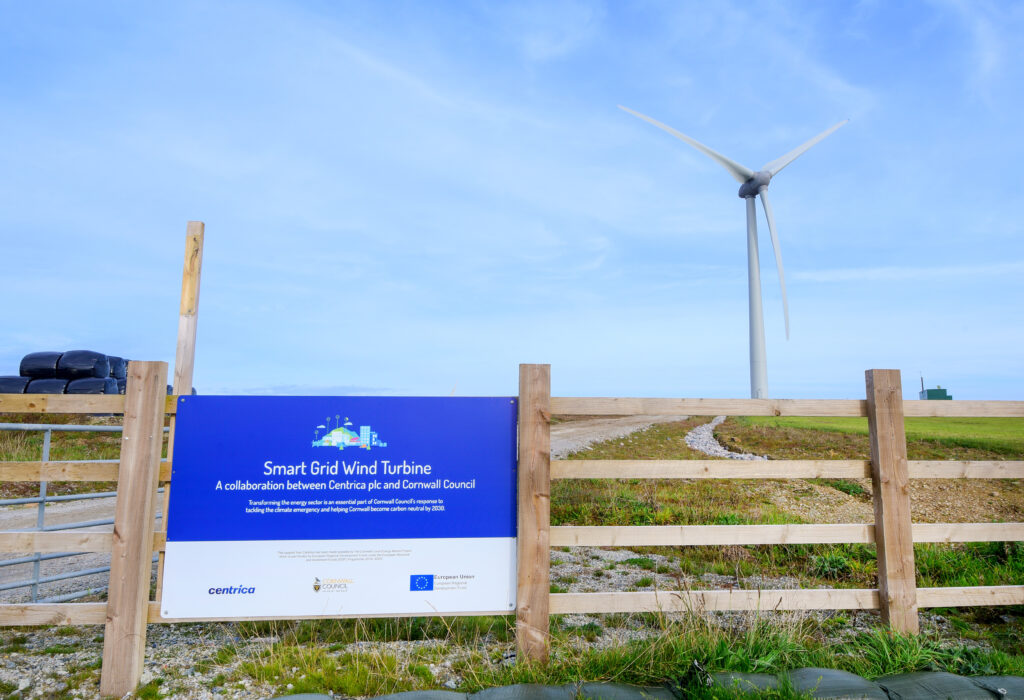Utility company, Centrica has released a new report signalling that much of the existing transmission entry capacity (TEC) queue is filled with “phantom” projects.
According to the organisation’s report, the queue is blocked by developers that may not have land rights and have not applied for planning consents meaning that many of the ready-to-go projects are being given significant delays in grid connection dates.
Centrica estimated that the size of these “phantom” projects haunting the TEC queue has now reached 62GW – around one fifth of all power in the queue.
As explored in our Current± Explores: The Grid Connection Conundrum mini-series at the start of 2023, a “clogging” of the TEC register is causing many of GB’s renewable projects to be delayed well into the 2030s. This is preventing them from being able to reduce carbon emissions and lower energy costs well ahead of impending net zero targets.
To highlight the extent of the issue, the report outlined that there are currently 371GW of projects in the queue with around 114GW of these having listed their connection date before 2029.
Solving the TEC register congestion
In a bid to prevent this, construction agreements should be terminated with these “phantom” projects if developers miss key milestones. Ofgem should also give National Grid ESO with the power to remove projects from the existing queue, Centrica argued.
“In recent years energy security has rightly moved up the agenda as countries look to secure supplies and drive the transition to net zero. That’s why it defies belief that the queue for new, green energy connections is blocked by ‘phantom’ power projects. Not only do these ‘developers’ not have the money to develop, but many also don’t even have planning permission or land rights – they’re gambling that holding a space in the queue will make them rich,” said Chris O’Shea, Centrica Group chief executive.
“The system was created for a different time, when a small number of large projects were connected each year. Our current approach is not fit for purpose and needs urgent reform.
“Thankfully Ofgem has now recognised the need for action but every day we wait for action is costing consumers money. Urgently introducing an industry rule change and applying it to the current queue, so that existing phantom projects lose their place when they miss milestones, would show that Ofgem were helping to reduce costs for consumers, to drive the energy transition and to improve the UK’s energy security.
It is worth noting that National Grid ESO published a five-point plan to speed up grid connections in June 2023, which it said could help projects connect to the grid between two and ten years faster.
Although the issues with the GB system are clear to see, it is crucial that ESO is dedicated to solving the ongoing TEC congestion and supporting the UK’s wider renewable targets.





